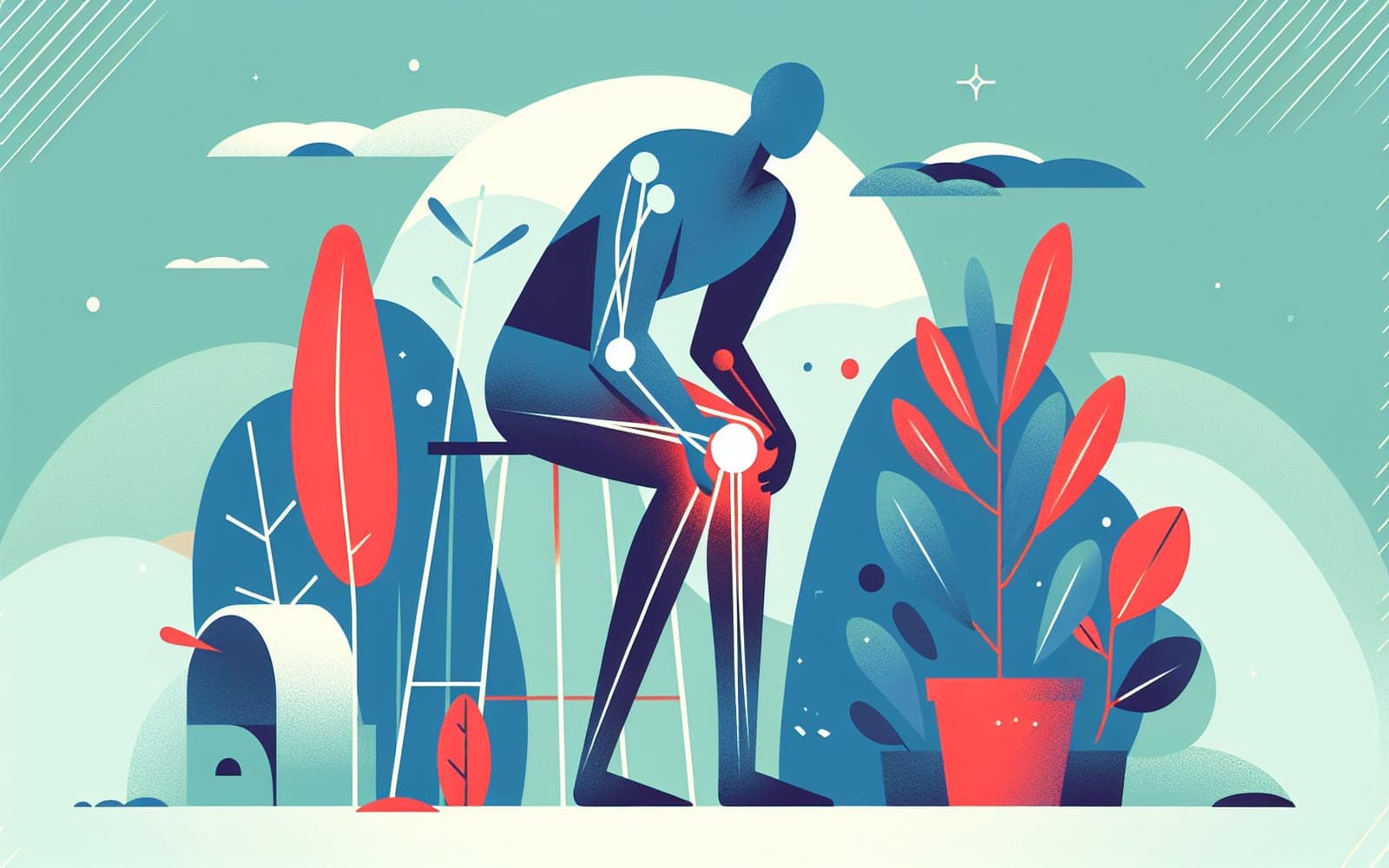Contents
-
Common Causes of Knee Pain
-
When to Seek Medical Attention
-
Diagnosing the Cause of Knee Pain
Knee Pain: When Should You Worry and What Might It Mean?
Knee Pain: When Should You Worry and What Might It Mean?
Understanding Your Knee Pain
Knee pain is a common complaint that can stem from various causes. Knowing when to seek help and what your pain might indicate is crucial for proper care.
Contents
-
Common Causes of Knee Pain
-
When to Seek Medical Attention
-
Diagnosing the Cause of Knee Pain
Common Causes of Knee Pain
Knee pain can result from injuries, overuse, or underlying conditions. Common causes include osteoarthritis, meniscus tears, and ligament injuries. Patellofemoral pain syndrome, often called 'runner's knee,' is another frequent cause. Understanding the type and location of your pain can provide clues about its origin.
When to Seek Medical Attention
While some knee pain can be managed at home, certain symptoms warrant medical attention. Seek help if you experience severe pain, significant swelling, inability to bear weight, or if your knee gives way or locks up. Persistent pain that doesn't improve with rest or over-the-counter medications should also be evaluated.
Diagnosing the Cause of Knee Pain
Doctors use various methods to diagnose knee pain. A physical exam will assess your knee's range of motion, stability, and areas of tenderness. Your doctor may order imaging tests like X-rays or MRI scans for a more detailed look. In some cases, blood tests might be necessary to check for inflammatory conditions.
FAQs
Can knee pain go away on its own?
Minor pain often improves with rest, but persistent pain needs evaluation.
Is ice or heat better for knee pain?
Ice is usually best for acute injuries, while heat can help chronic pain.
Can weight affect knee pain?
Yes, excess weight can increase stress on your knees and worsen pain.
Are there exercises to reduce knee pain?
Yes, but consult a doctor or physical therapist for safe, effective exercises.
Can diet affect knee pain?
Some foods may reduce inflammation, potentially easing knee pain.
The Bottom Line
While knee pain is common, understanding its causes and knowing when to seek help can lead to better outcomes and quicker relief.
Additional References
-
Bunt CW, et al. Knee Pain in Adults and Adolescents: The Initial Evaluation. Am Fam Physician 2018; 98:576-585.
-
Calmbach WL, Hutchens M. Evaluation of patients presenting with knee pain: Part I. History, physical examination, radiographs, and laboratory tests. Am Fam Physician 2003; 68:907-912.
This article has been reviewed for accuracy by one of the licensed medical doctors working for Doctronic.












